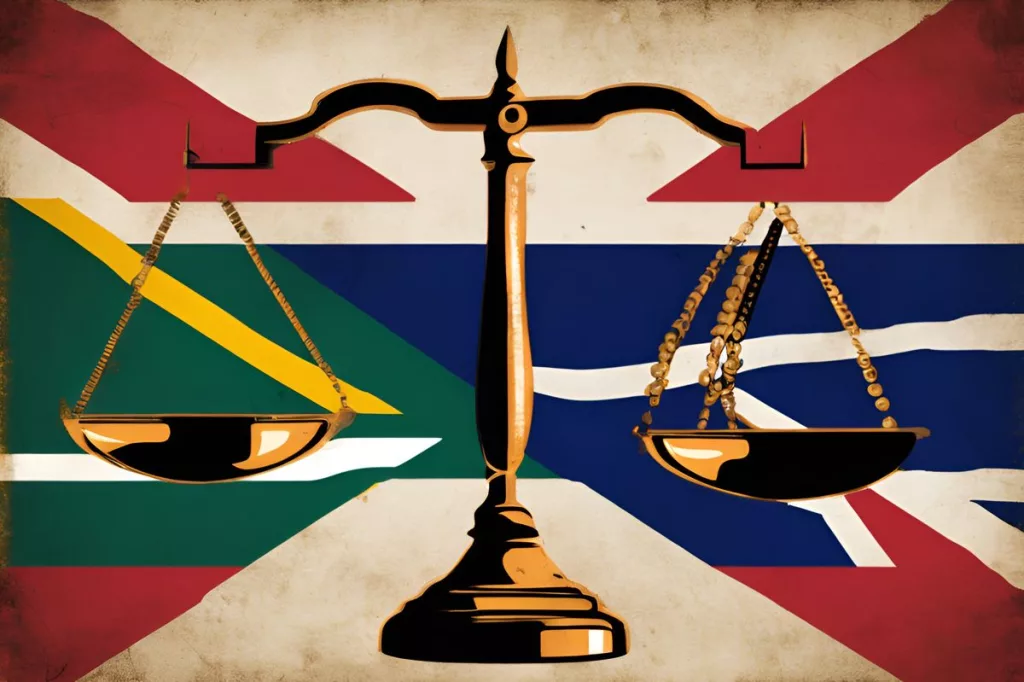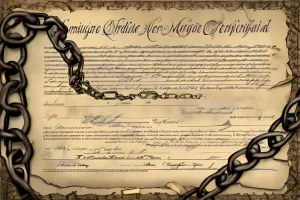Willem Heath is a key figure in South Africa’s fight against corruption, known for his dedication to justice and transparency. Born in 1945, he started his legal journey as a prosecutor and gained fame for leading important investigations, including the Health Commission of Inquiry. Heath later headed the Special Investigating Unit, working hard to expose misconduct in government. He transitioned to private practice, advising highprofile clients and navigating complex legal challenges. His legacy is one of determination and integrity, leaving a lasting mark on South Africa’s judicial landscape.
A bright new hope for justice has emerged in South Africa as a recent court ruling changes the way consent is viewed in cases of genderbased violence. The Pretoria High Court declared parts of the Sexual Offences Act unconstitutional, shifting the responsibility of proving consent from victims to the accused. This breakthrough aims to better protect victims and ensure fairness in the justice system. With the backing of the Embrace Project, this ruling represents a significant step forward in the fight against genderbased violence, igniting a powerful movement towards equality and justice in the nation. As South Africa navigates this crucial moment, there is a renewed call for change that champions the rights and dignity of all.
In a groundbreaking ruling, the Free State High Court in South Africa has declared that men can now take their spouse’s surname without facing any barriers, a change that highlights the importance of gender equality. Previously, only women had this right, marking a clear discrimination against men. This decision paves the way for both partners in a marriage to choose their identity freely, moving away from outdated traditions. The court’s ruling not only recognizes personal autonomy but also sets a powerful example for future laws, urging society to embrace true equality for everyone.
Advancing Justice in South African Sexual Offence Laws: A Pursuit for Fairness and Equality
The Centre for Applied Legal Studies in South Africa is pushing for a review of the country’s sexual offence laws, targeting problematic consent and rape definitions within the Sexual Offences Act. They argue that the current definitions place undue pressure on victims and survivors to prove nonconsent, perpetuating harmful stereotypes and misconceptions about sexual violence. CALS and other advocates are striving for a justice system that eliminates detrimental stereotypes and has a more sophisticated understanding of consent, treating everyone fairly and equally. The case has the potential to trigger a transformative shift in how South Africa – and possibly other countries – approach sexual offences.
The Constitutional Court of South Africa has made history by unanimously ruling that Section 40 of the Children’s Act is unconstitutional and discriminatory against the parental rights of samesex couples. This landmark decision comes after a legal battle initiated by a lesbian couple who sought to change the legislation that only recognized one of them as the legal mother of their children.





